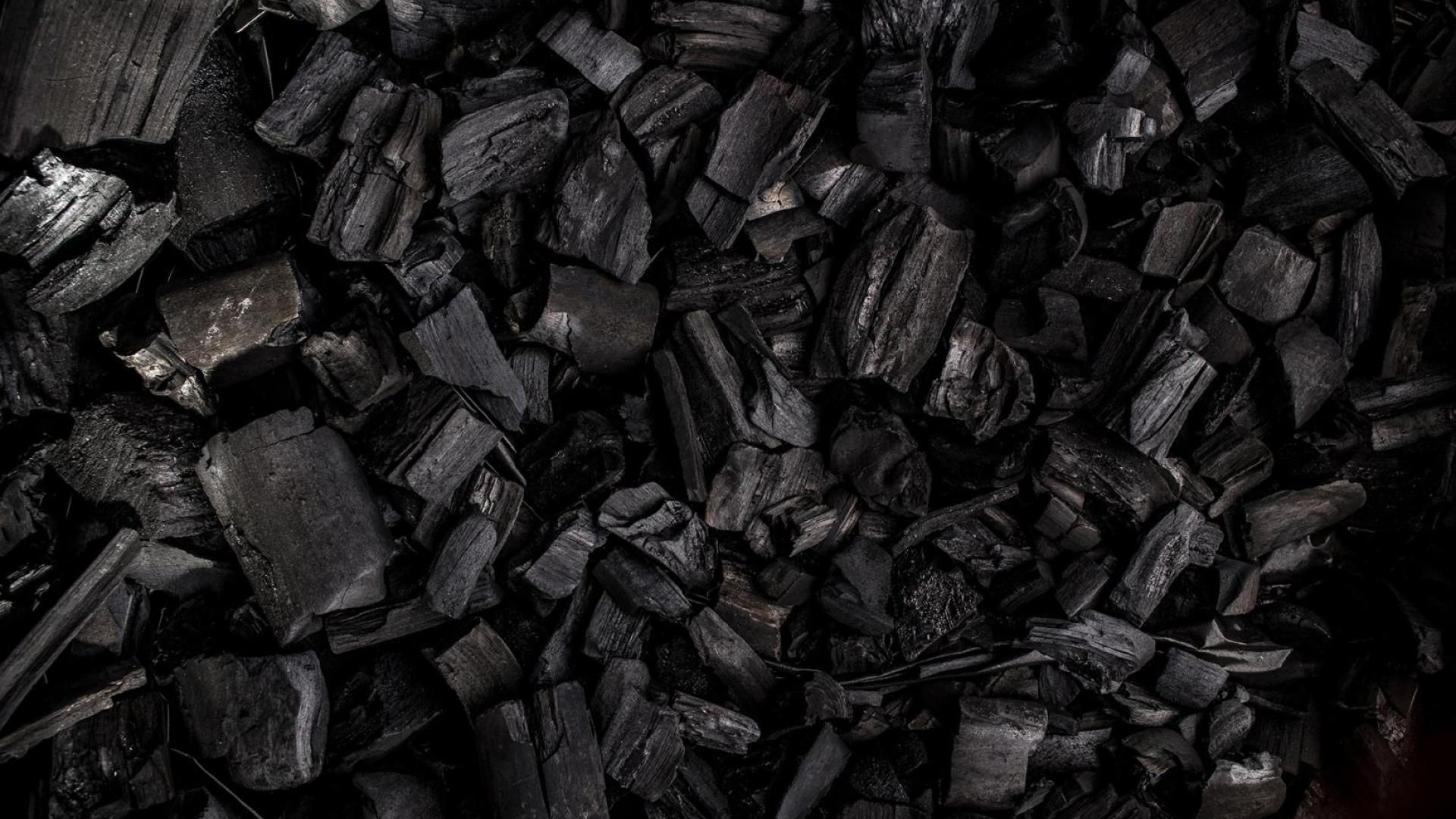Feature |
Women leading climate action through agriculture, education, and health
by Carissa Patrone Maikuri
On March 9, Project Drawdown’s Drawdown Lift program hosted a lively discussion with the Clean Cooking Alliance about how women are leading on climate action and climate justice and implementing solutions that strengthen adaptation, boost human well-being, and mitigate future emissions. As a continuation of International Women’s Day, we embraced equity, focusing on two of the most defining challenges of our time—climate change and poverty.
Read more
